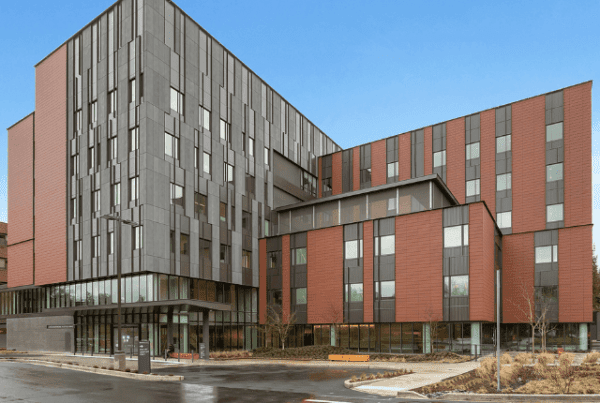On May 25, 2020, the murder of George Floyd by Derek Chauvin highlighted the systemic violence, injustice and trauma that Black people have historically experienced, and continue to experience, at the hands of police in our country. Yesterday, the guilty verdict offered a moment of accountability for a particularly horrendous act, which happened to be caught on video for all the world, and the jury, to see.
At UW Medicine, we recognize that many of our colleagues have been traumatized by the repeated police killings of Black people and the media coverage of these events, including this recent trial. While the outcome of this trial may provide a moment of relief, we understand the trauma still persists. We also understand that the events and tensions of the past several weeks may produce burnout and exhaustion for many. We encourage all of our colleagues to treat others, especially our Black colleagues and other colleagues of color, with respect, grace and support during this time. We as an institution are most successful when we are all physically and mentally healthy, and we encourage taking the time for self-care.
The guilty verdict represents an act of accountability, but certainly doesn’t fully encompass the robust justice we are striving towards. Justice means George Floyd would still be here with us today. Achieving racial and health justice will only occur when historically marginalized communities can live freely and be embraced for all their humanity.
While the outcome of the trial was an important moment within the legal process, it occurred despite Derek Chauvin’s defense invoking a host of anti-Black biases that remain forces of inequity in both criminal justice and medical systems such as ours. The defense attempted to stigmatize George Floyd due to pre-existing medical conditions that we know are actually brought about by environmental and social health determinants — that is, Racism. The defense attempted to dehumanize and stereotype him. They tried to normalize not believing and expressing indifference to his pain, cries for help and medical distress. These are experiences that Black patients suffer, in different forms, all too regularly here at UW Medicine.
During the past year, we have established the UW Medicine Office of Healthcare Equity to guide and accelerate our work to become an anti-racist organization, and one that seeks health justice for all members of marginalized communities across the spectrum of identities.
At this difficult junction in our nation’s history, we invite you to join with us to achieve our goals for racial health equity and justice at UW Medicine, the University of Washington and across our country.
Sincerely,
Paul G. Ramsey, M.D.
CEO, UW Medicine
Executive Vice President for Medical Affairs and
Dean of the School of Medicine,
University of Washington
Paula L. Houston, Ed.D.
Chief Equity Officer
UW Medicine Office of Healthcare Equity
Bessie Young, M.D.
Medical Director and Associate Dean
UW Medicine Office of Healthcare Equity

